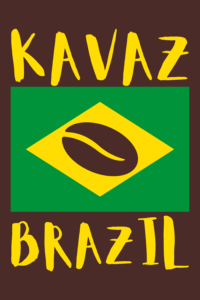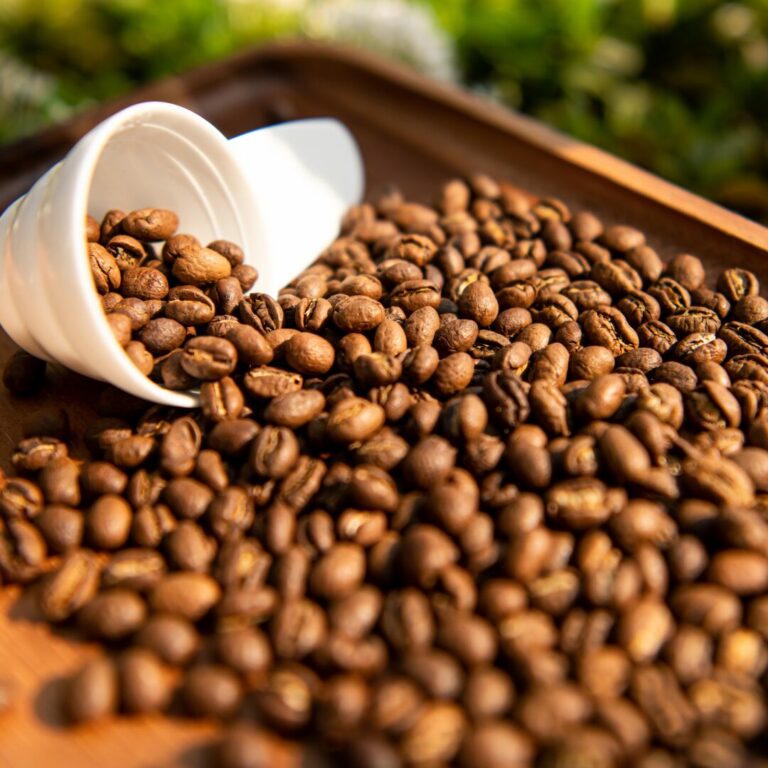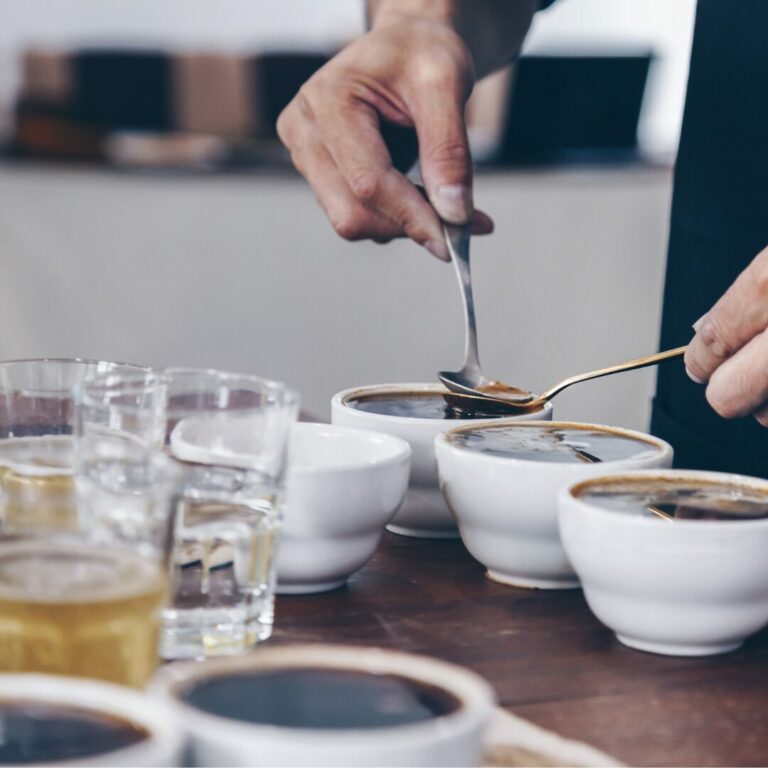In this article we will talk about a professional called “Q-Grader”, what he does in this profession, and how to become a Q-Grader.
A Q-Grader is a person who is qualified to evaluate the quality and taste of coffee, the flavor, body, notes, aroma, acidity, and all the specifics of the beans. Each coffee goes through a test, commonly called ‘cupping’, and the Q-Grader is responsible for measuring the quality, looking for defects in the beverage, and giving his final concept.
Therefore, a Q-Grader acts directly in deciding which coffees should be purchased, considering that the buyers opt for the best coffee. Furthermore, with such an analysis, the coffee can be selected at events, such as the best coffee of the year. Certainly, the best coffees in the world have been evaluated by Q-Graders.
In short, to become a Q-Grader, the individual undergoes intensive training and tests to prove their knowledge. Since there are two predominant varieties of coffee in the world, there are two types of Q-Graders more abundant in the market: Arabica and Robusta. While the Q-Arabica Grader courses were developed based on the SCA (Specialty Coffee Association) criteria, the Q-Robusta criteria were the result of a partnership between the CQI (Coffee Quality Institute) and the Uganda Coffee Development Authority (UCDA).
Usually, the training course lasts 5 days and is composed of 22 actions on various coffee-related subjects, including classification, sensory skills, triangulation, and roast identification. Each of these actions is assessed in exams that cover general knowledge, olfactory and sensory tests, and sample identification, among others. The Q-Grader must also be able to identify up to 36 different coffee origins.
In addition, every 3 years, all professionals must take the Q-Grader calibration course. This course serves as the taster’s Q-Grader license, ensuring that his or her taste remains precise.



